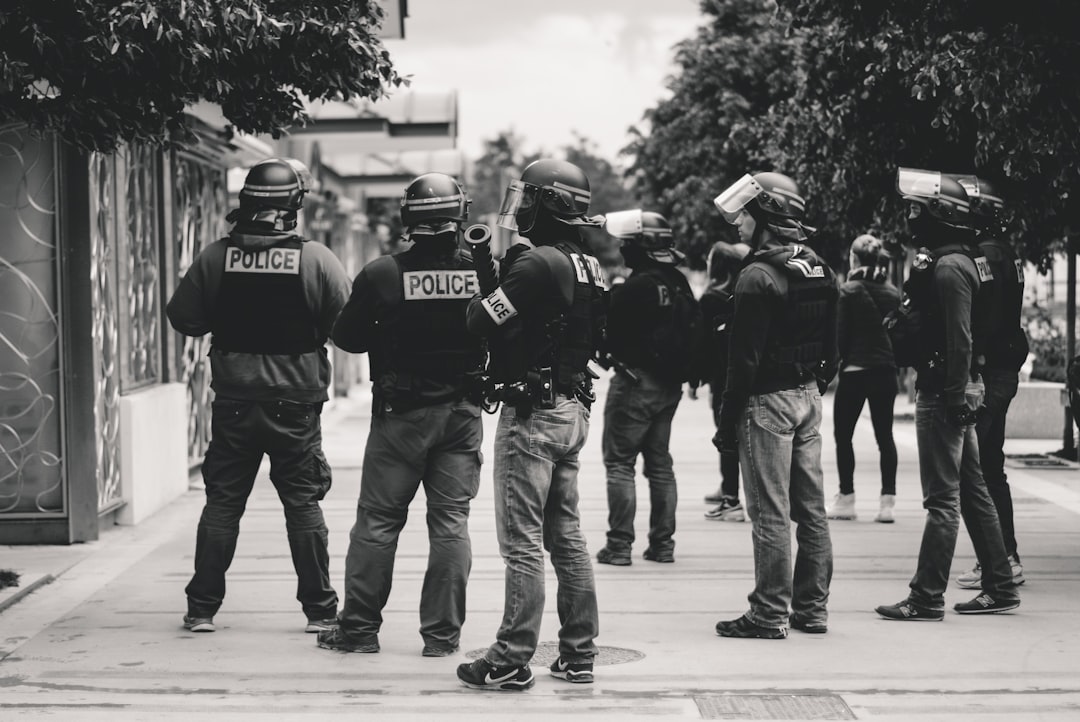Whether you are a current law enforcement professional looking to move up in your career or a civilian hoping to break into the field, writing an effective law enforcement resume is key.
In this blog post, we will give you some tips on how to write a resume that will get you the job you want. Keep reading for more information!
Start By Listing Your Contact Information At The Top Of The Page
When creating a law enforcement resume, it is important to start by listing your contact information at the top of the page. This should include your name, address, phone number, and email address
Write A Strong Resume Objective That Highlights Your Skills And Experience
When law enforcement agencies are reviewing resumes, they are examining candidates with the right mix of skills and experience. To make sure your resume stands out, start with a strong resume objective that highlights your most relevant qualifications.
Begin by briefly stating your current job title or the position you are interested in. Then, list some of the key skills and experience you have that make you a good fit for the role. Finally, mention your career goals and explain how the position you are applying for can help you to achieve them.
By tailoring your resume objective to the specific law enforcement job you are applying for, you will increase your chances of getting noticed and landing an interview.

Detail Your Education And Training, Including Any Specialized Courses Or Certifications
Education and training play a pivotal role in law enforcement. Officers must be able to quickly assess a situation and take appropriate action. They must also have a thorough understanding of the law and be able to communicate effectively with the public.
As a result, law enforcement agencies place a high value on continuing education and training. Specialized courses and certifications help officers to hone their skills and stay up-to-date on the latest developments in law enforcement.
In addition, these courses can also help officers to advance their careers and take on more responsibility within their agencies. As such, they are an essential part of any law enforcement resume.
List Your Law Enforcement Experience
Work experience is an essential part of any law enforcement resume. Many agencies require applicants to have at least a few years of experience in a related field, such as security or investigations.
When listing your work experience, it is important to start with your most recent position and work backwards. Include the name and location of each employer, as well as your dates of employment. For each role, briefly describe your duties and responsibilities.
If you have law enforcement experience, be sure to highlight any special skills or training that you might have. Remember, the goal is to give potential employers a clear sense of your professional background and capabilities.
By taking the time to list your work experience in a concise and straightforward manner, you will increase your chances of landing an interview.
Highlight Your Skills And Abilities, Such As Communication, Problem-Solving, Leadership, Etc.
When applying for a law enforcement position, it’s critical to highlight your abilities and talents that will help you succeed.
For example, communication and problem-solving skills are essential in law enforcement, as they allow you to effectively interact with the public and diffuse potentially volatile situations.
Leadership skills are also important in law enforcement, as they allow you to take charge of a situation and ensure that everyone remains safe. If you own the necessary skills and abilities, law enforcement can be a rewarding and fulfilling career.
Include A Brief Summary Of Who You Are As A Person
No matter what job you’re applying for, it’s always important to include a brief summary of who you are as a person and why you would be perfect for the position.
This is especially true when law enforcement resumes writing, as employers will want to know that you have the right personality and temperament for the job. In your statement, talk about any prior law enforcement or other related experience you have.
You should also point out any personal characteristics that you believe would make you a good fit for the position, such as excellent communication abilities or dedication to public safety.
By including this brief summary, you’ll give employers a better sense of who you are and why you’re the best candidate for the job.
Finish With A Strong List Of References
When it comes to law enforcement resumes, it’s important to include a strong list of references. Potential employers will want to see that you have the support of people who can vouch for your character and skills.
A good way to start building your list of references is to reach out to your former bosses, colleagues, and teachers. These people can provide insight into your work ethic, abilities, and personal strengths.
Additionally, you can ask friends and family members to serve as personal references. This can provide potential employers with a more well-rounded view of who you are as a person.
Regardless of how you choose to build your list of references, make sure that you only include people who are willing to speak highly of you. Otherwise, it could do more harm than good.
Make Sure Your Resume Is Easy To Read And Has Plenty Of White Space
A law enforcement resume is an important document that summarizes your experience, skills, and qualifications. It is your first opportunity to make a good impression on a potential employer, so it is important to make sure that your resume is easy to read and has plenty of white space.
The layout of your resume should be clean and concise, and you should avoid using jargon or abbreviations. Instead, focus on including clear and concise descriptions of your experience and qualifications.
In addition, be sure to proofread your resume carefully before submitting it. A well-written law enforcement resume will give you a better chance of getting an interview.
Read More…
How Many Jobs Are Available in Capital Goods?
Is Consumer Services A Good Career Path? Everything You Need to Know
Top 17 Best Paying Jobs in Major Banks (Some Over $100K+)
The Most Expensive Thing In The World: Priceless Diamonds, Cars, and More!






